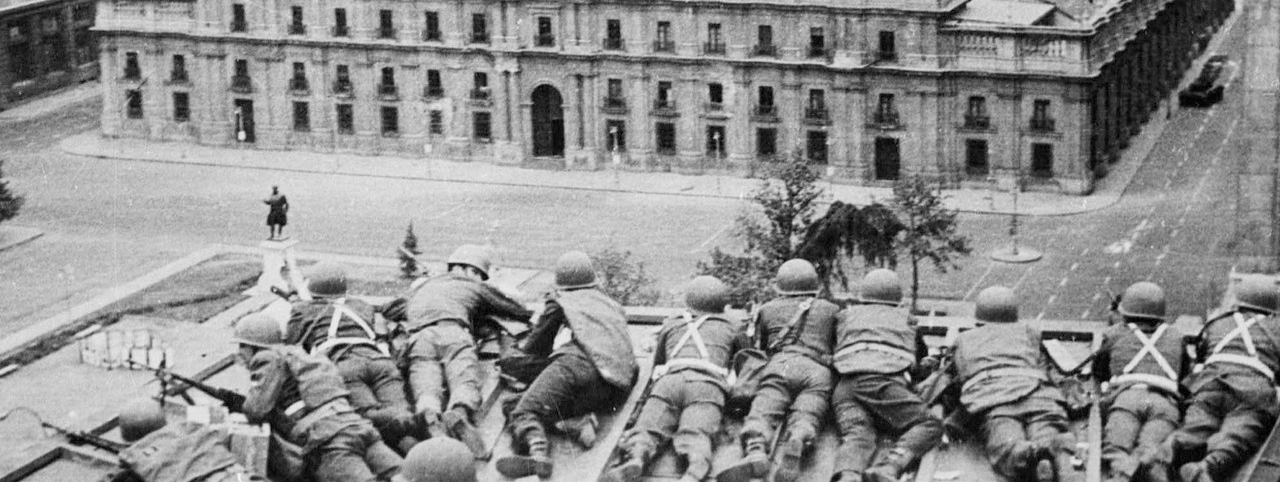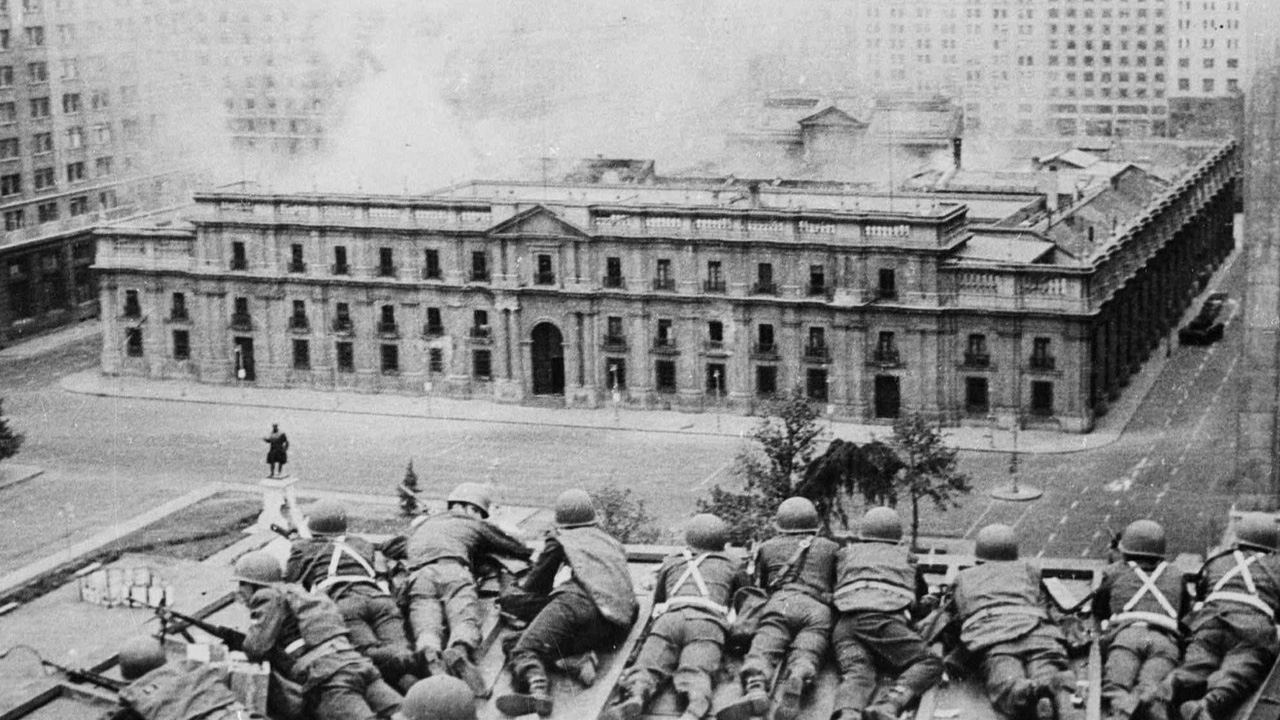The Forgotten September 11th: Chile, 1973-Memory, Resistance, and Democratization
Verónica Cortínez
Spanish and Portuguese
UC Los Angeles
Heidi Tinsman
History
UC Irvine
The violent overthrow of Chilean president Salvador Allende Gossens on September 11, 1973 marked a watershed in global cold war politics. It ended aspirations worldwide for democratically-achieved socialism, initiated seventeen years of military dictatorship, and created the world’s first truly neoliberal nation. Even today, twenty years after Chile’s return to civilian rule, vibrant democracy struggles by students, indigenous peoples, feminists, and environmentalists continue to confront the enduring legacies of cold war authoritarianism.This two-day conference at UCLA re-centered the history of Latin American cold war violence within contemporary debates about freedom, terrorism, and democracy. It was organized by an extensive collaboration across UC, Cal-State, and USC humanities and social science faculties. It offered panels, films, and musical performance on cultural politics and social movements 1960s-2010s, memory and state violence, resistance and representation, nation and neoliberal subjects, and media and international solidarity.


